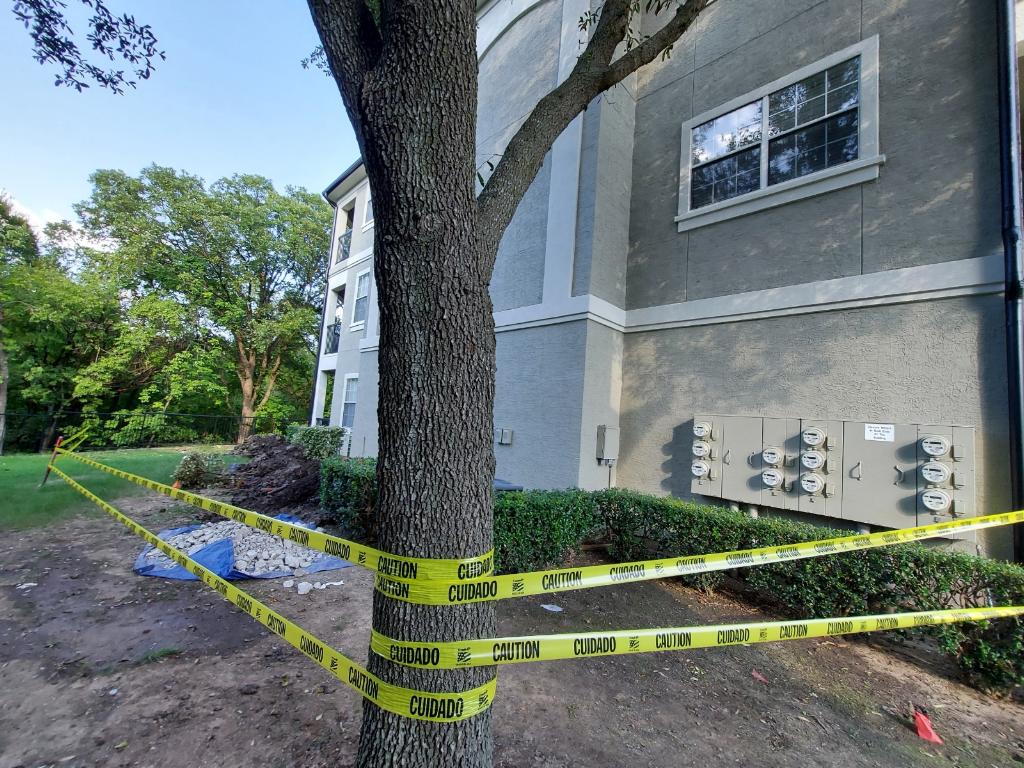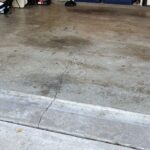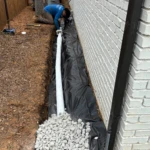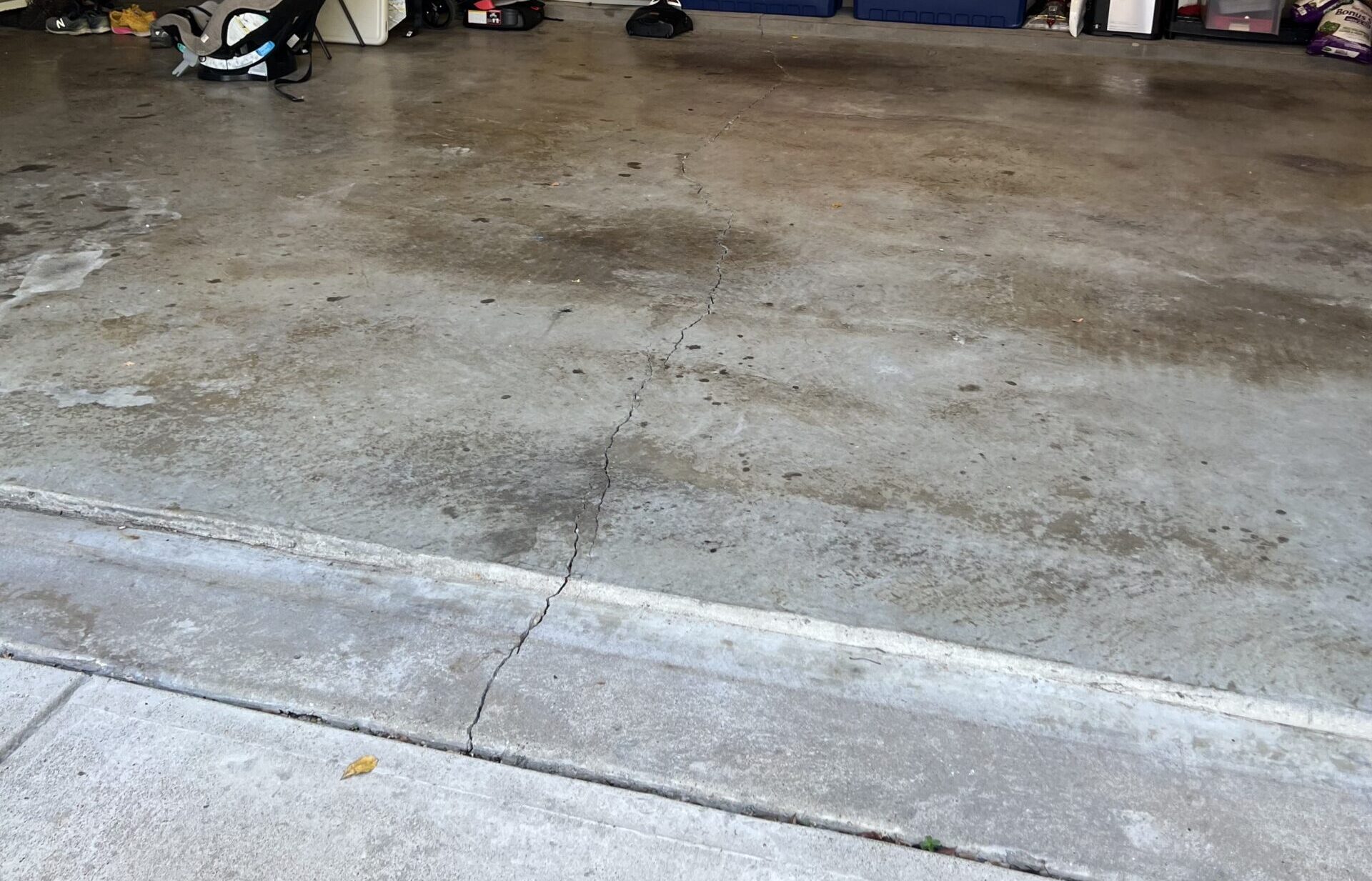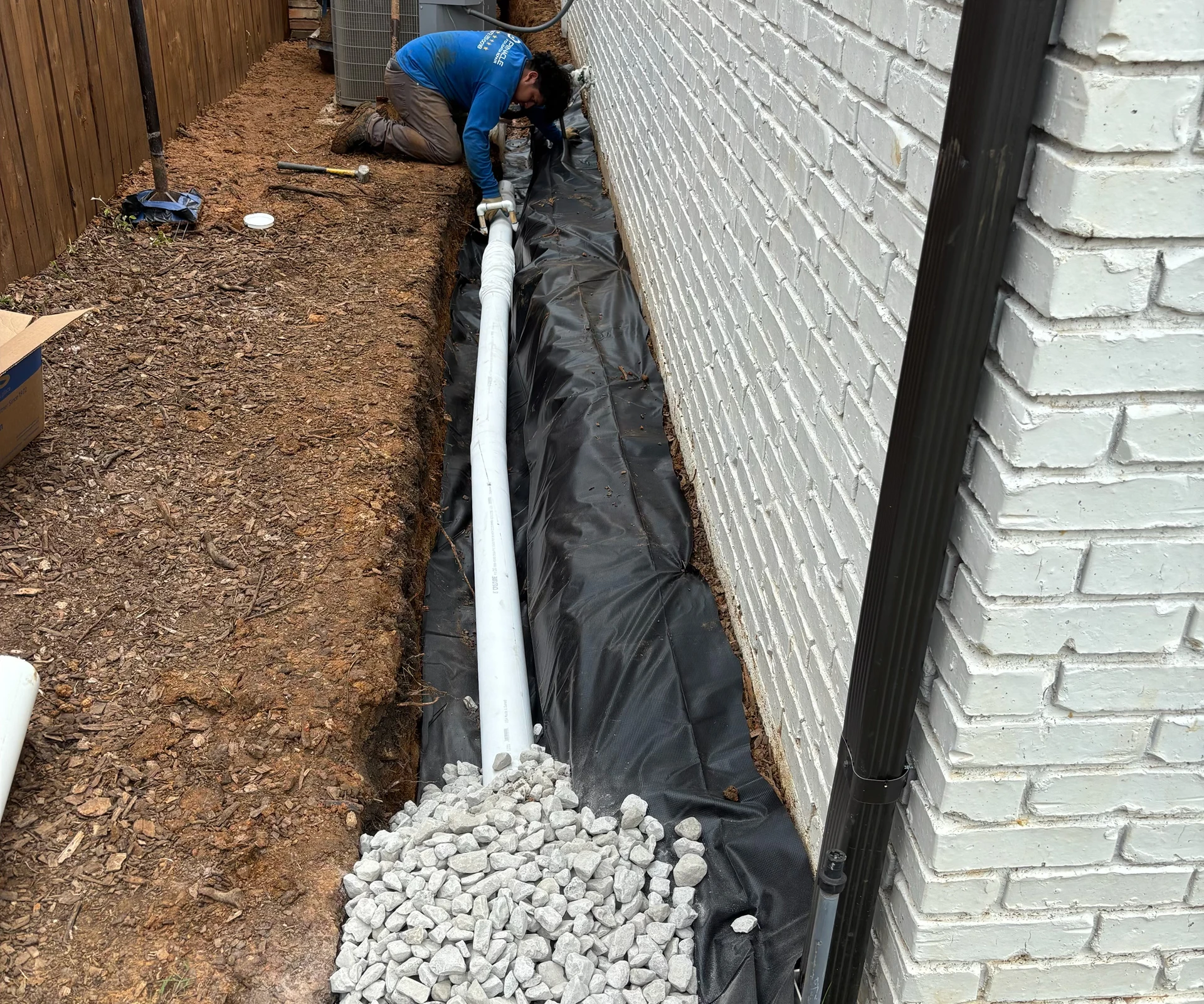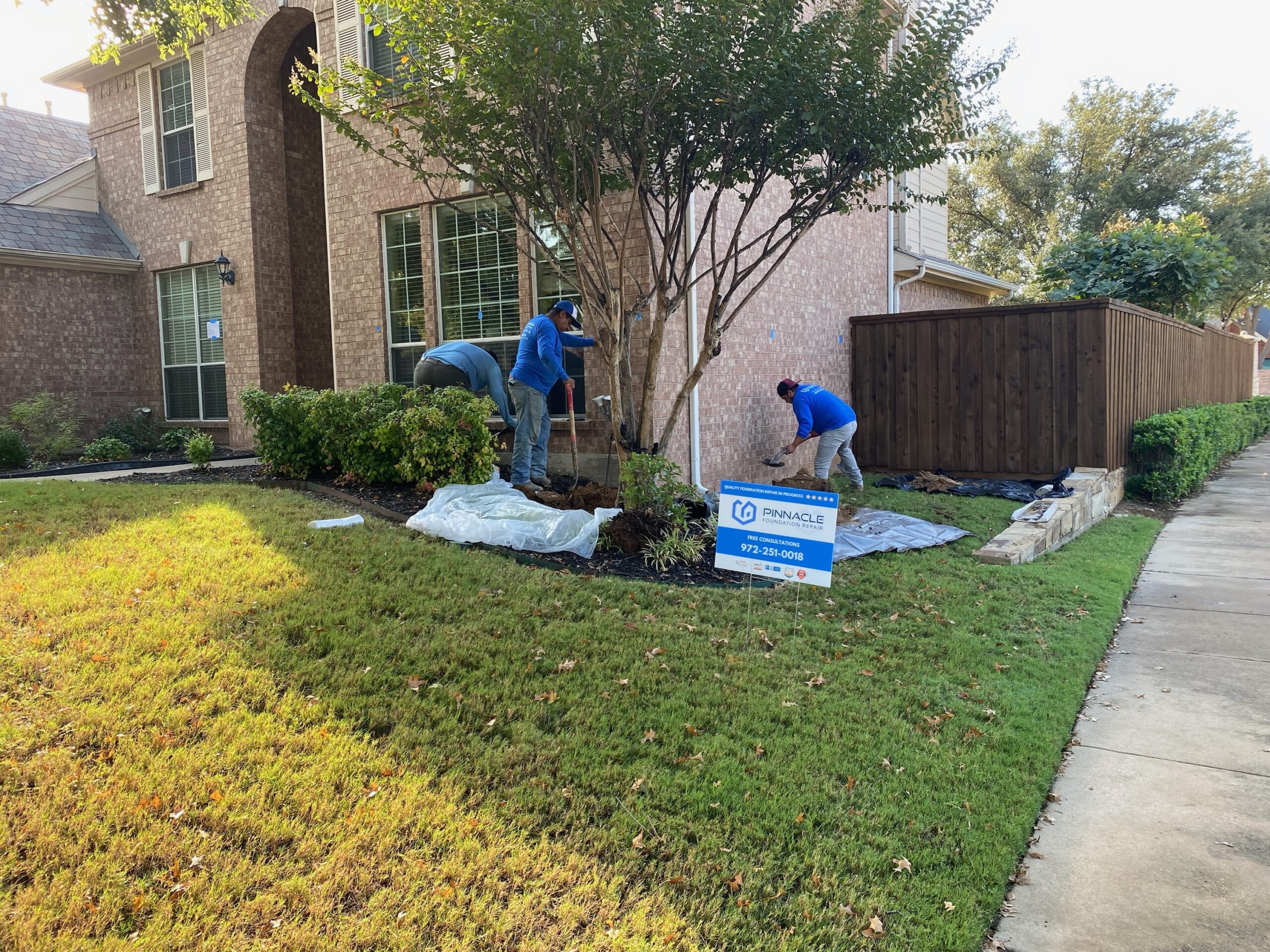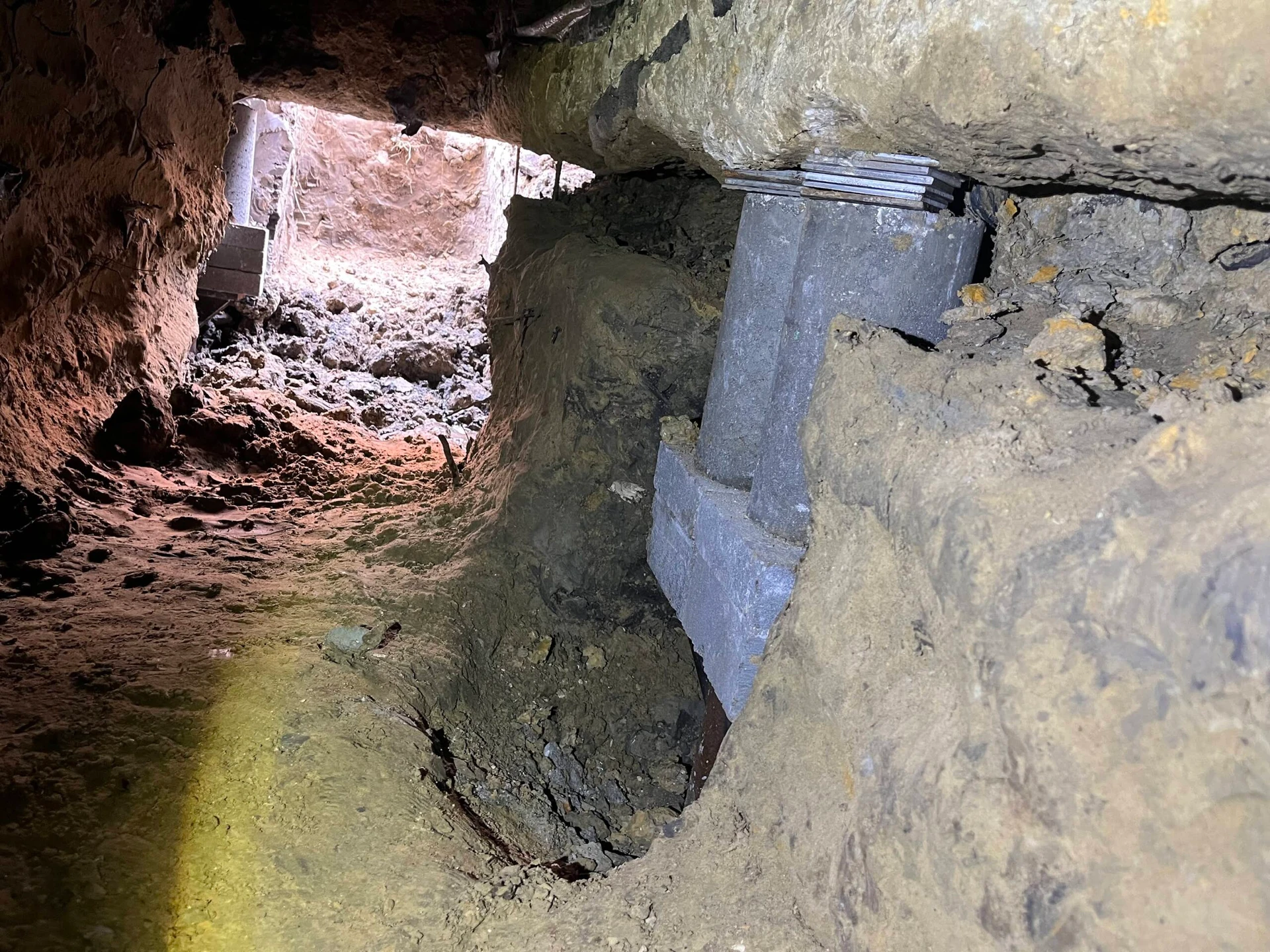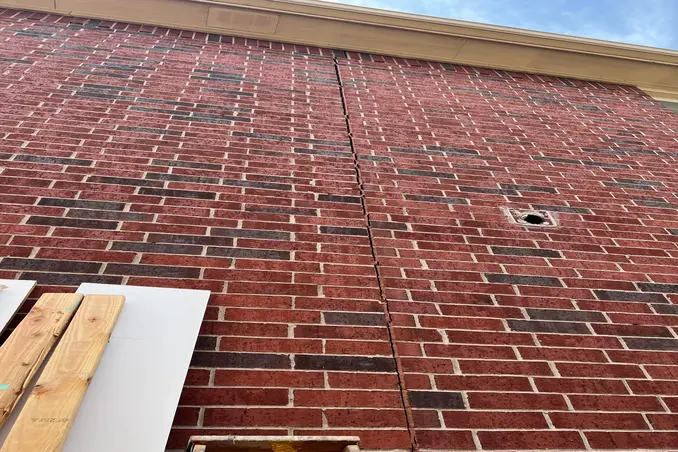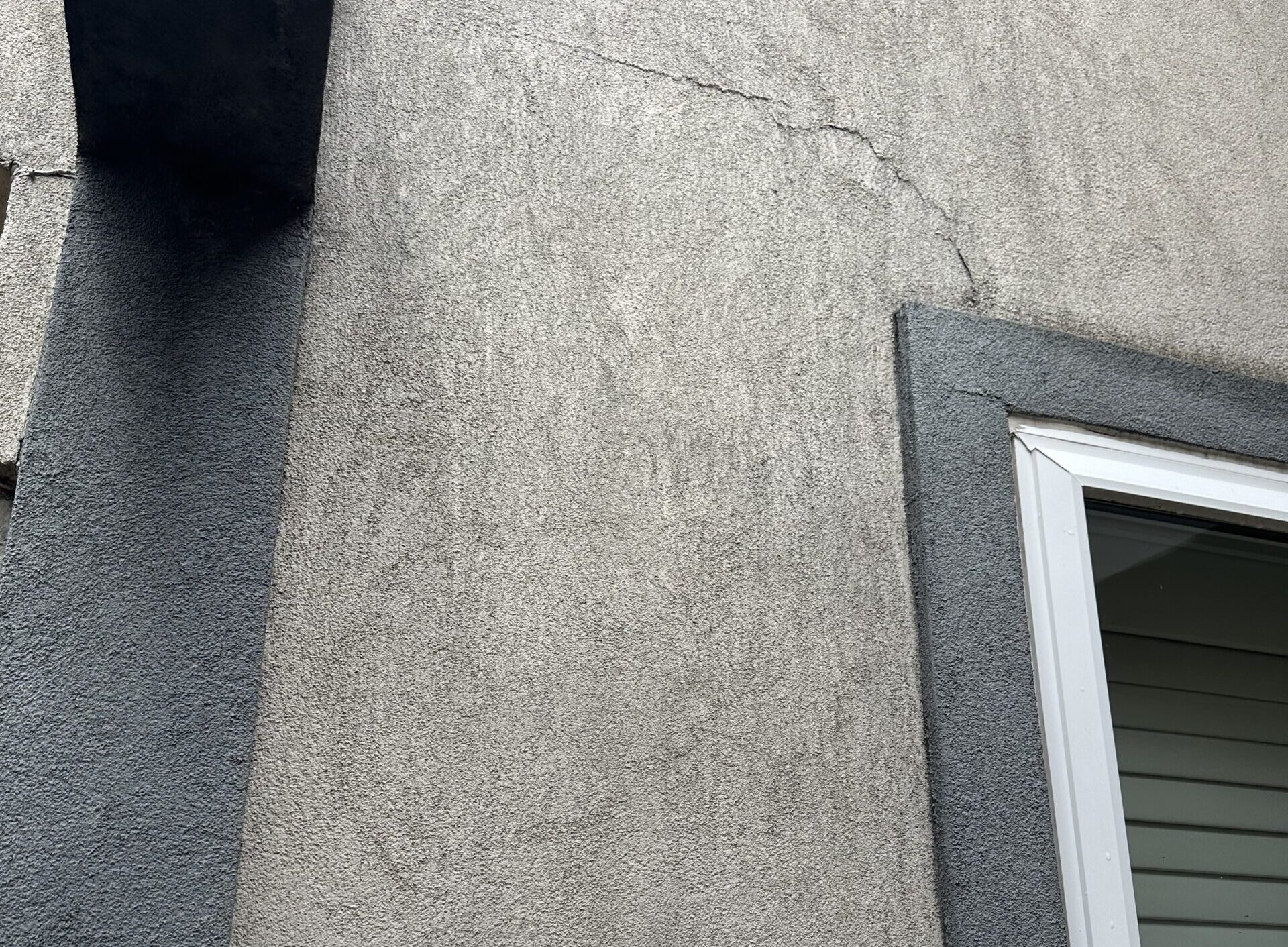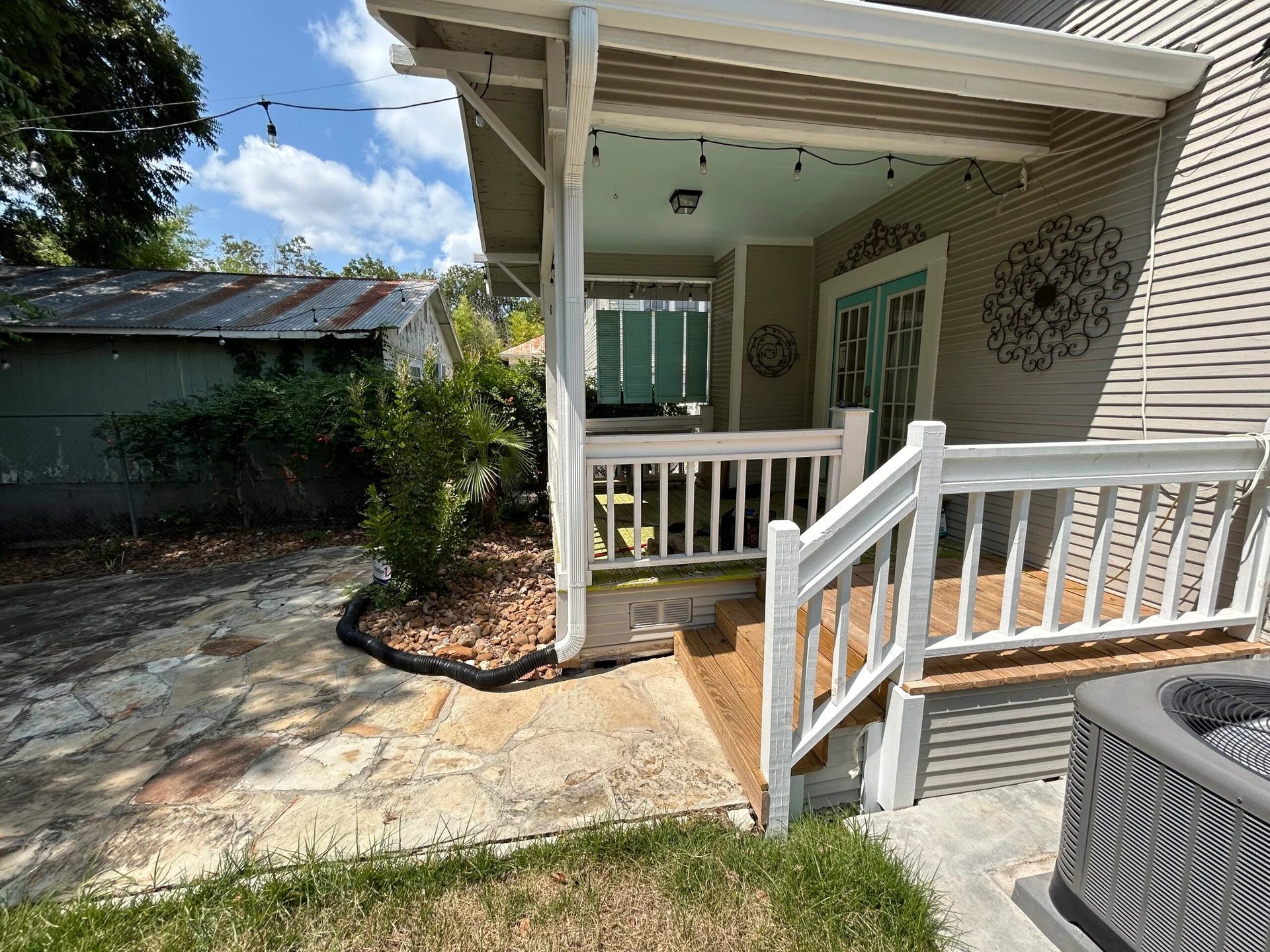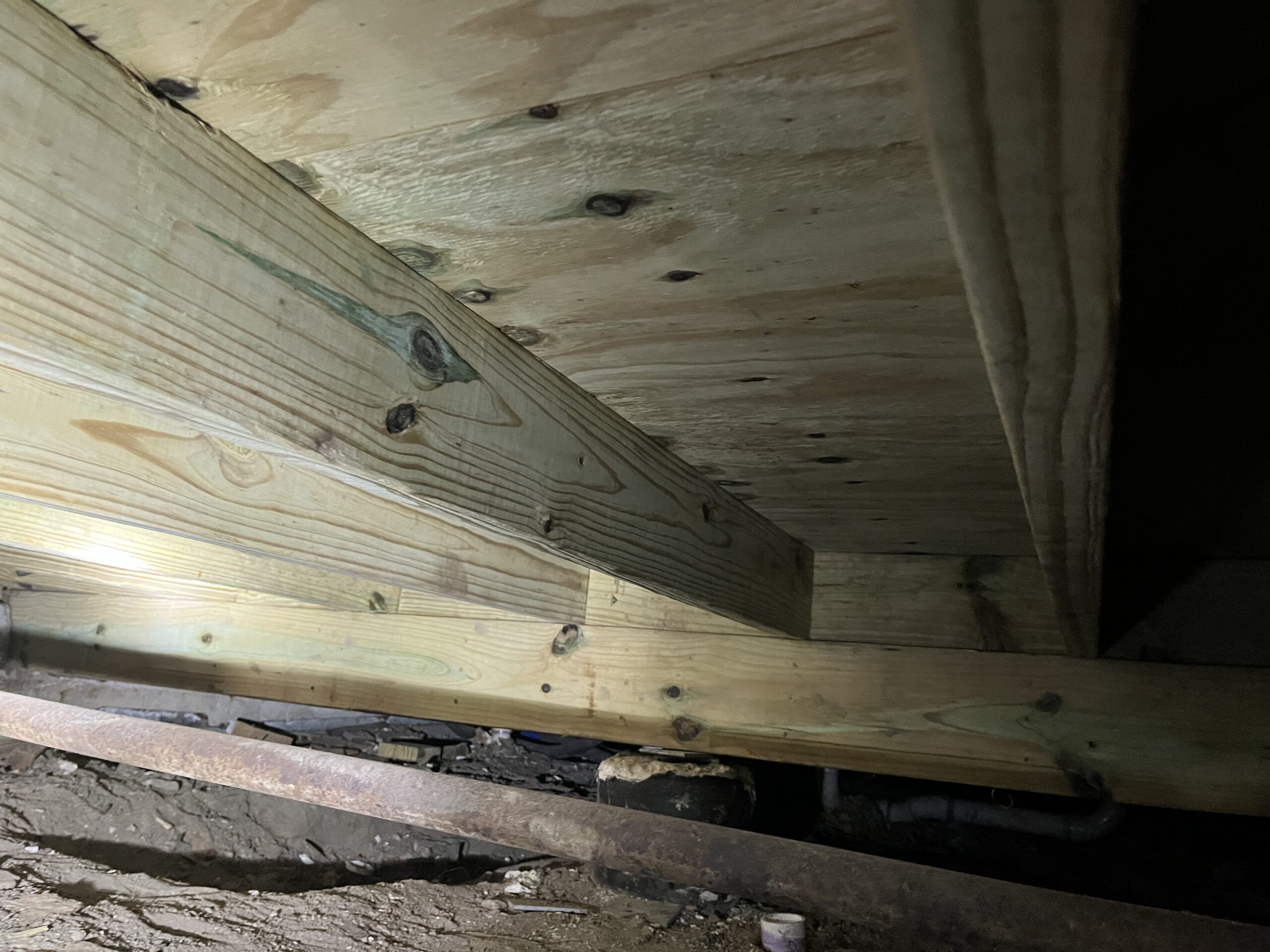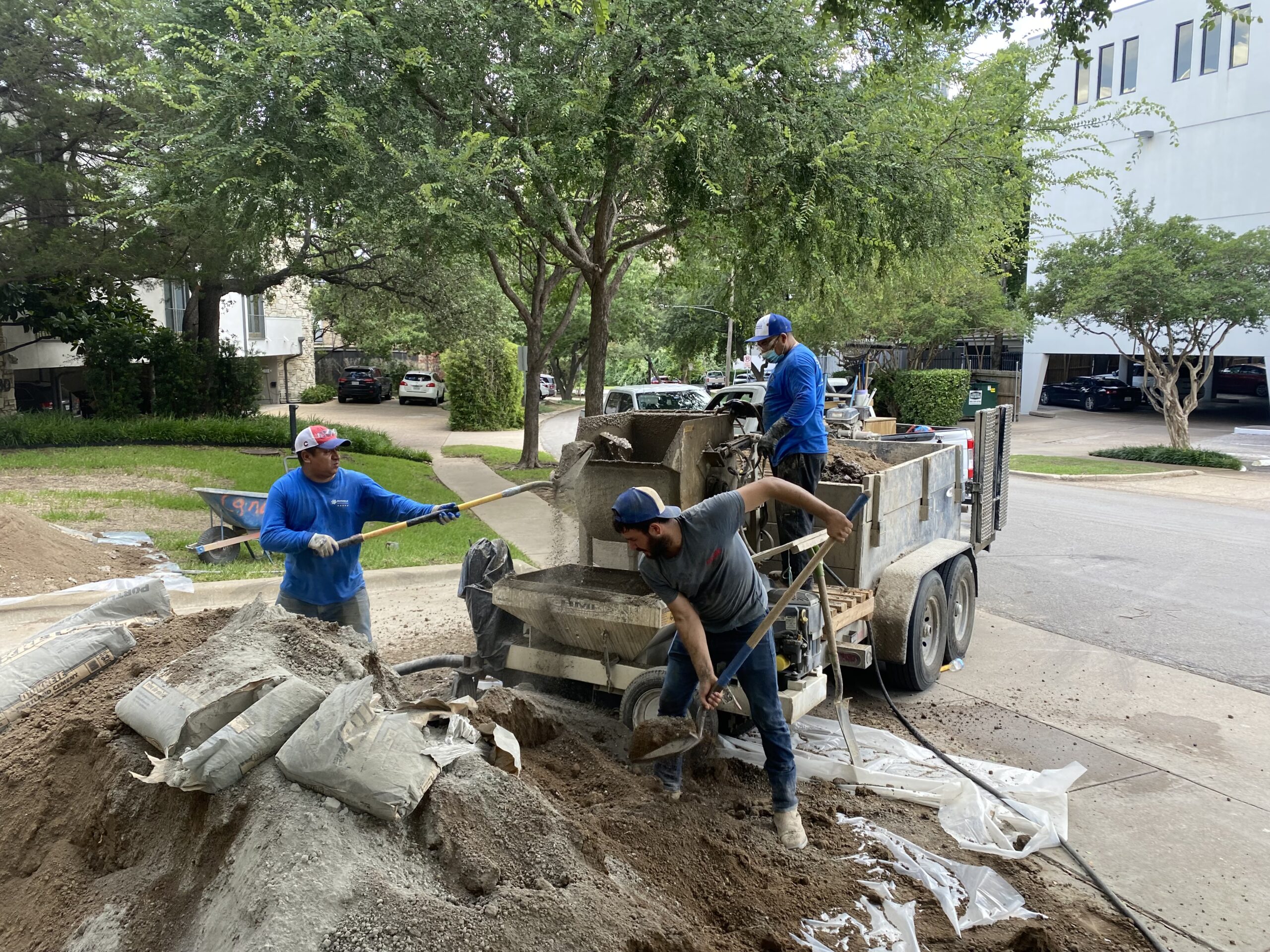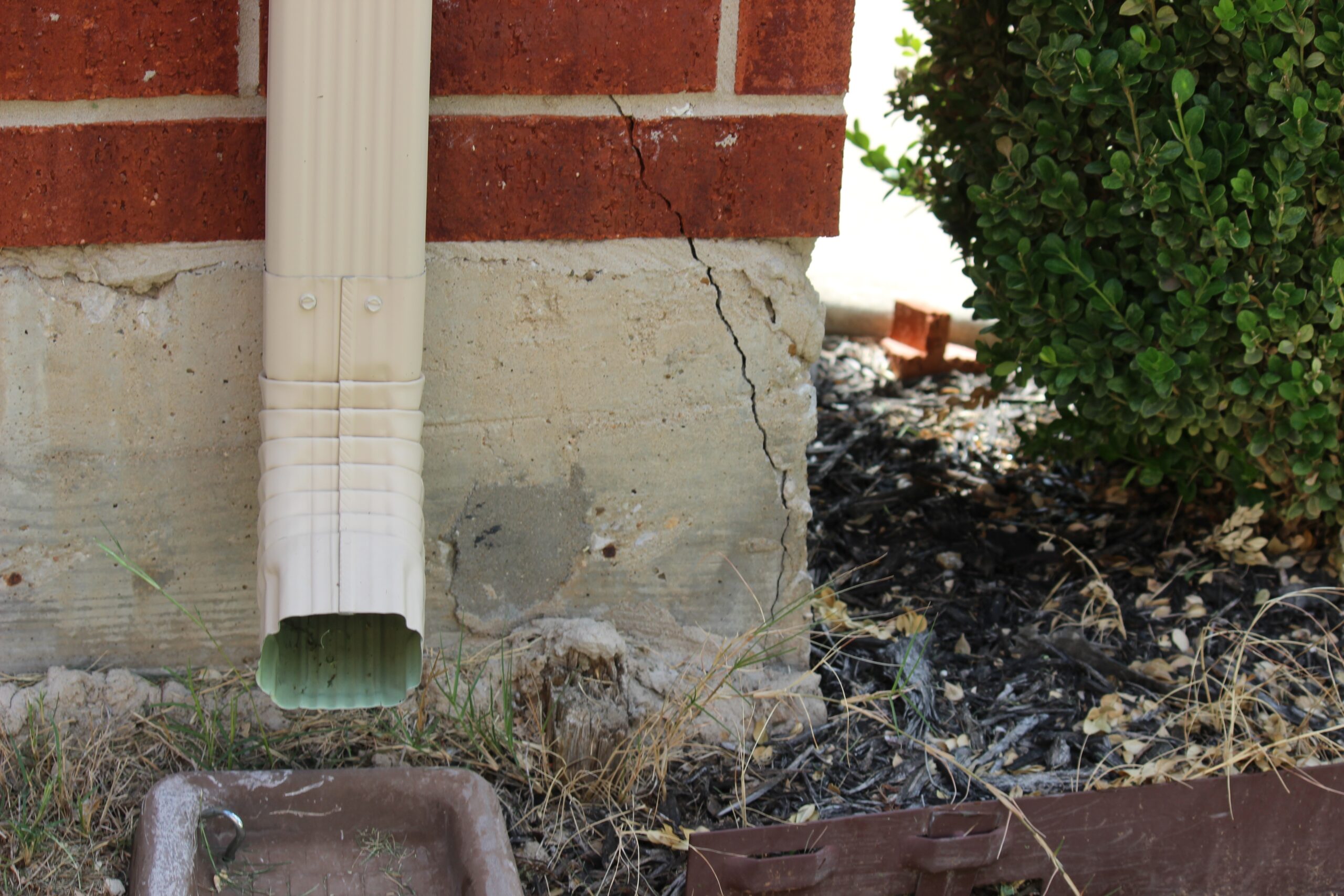Home-buying can be one of the most exciting times in life. But it can also be one of the most stressful. For peace of mind, one of the most crucial factors to check is the integrity of the home’s foundation. Foundation fixes are one of the two most considerable costs associated with homeownership; the other being roofing repairs.
Twenty-five percent of all U.S. homes experience structural issues in their lifetime. But only seven percent of homeowners report making structural repairs.
Your foundation acts as the building block for your entire home. Not taking care of this essential structure can be a recipe for disaster.
The ideal time to learn about structural issues is before buying a home, not after getting the keys. Foundation problems can make or break the purchase of a home depending on the associated costs and repair times.
Getting a foundation inspection in addition to your regular home inspection before purchasing a new house keeps you safe and financially sound.
Understanding the difference between a Home Inspection and a Structural Inspection
The primary distinction between a structural inspection and a home inspection comes down to the focus. A structural inspection primarily evaluates the safety and integrity of your home’s structure and foundation, whereas a home inspection provides a comprehensive assessment of your home’s overall condition.
Typically conducted by a structural engineer, a structural inspection concentrates on critical load-bearing components like the foundation, framing, and roofing. The inspector examines visible damage to these elements, determining whether they pose any safety risks.
On the flip side, a certified home inspector examines your home holistically. The home inspection covers a wide range of aspects, from assessing the condition of appliances to evaluating the structural integrity of the entire home. A home inspection is not the same as a structural inspection. It’s a much broader assessment of the general condition of the building, which unfortunately means the home inspector could miss crucial information about the home’s foundation.
Previous homeowners can often be unaware of cosmetic and structural foundation issues. Some conditions can be minor and inexpensive. But cosmetic damages often signify a deeper, more pressing issue that needs addressing.
Most states require a home inspection before a house even hits the market, but these alone are not consistently able to catch a flaw in the foundation of a potential new home. If you suspect a foundation issue during your home buying process, it’s imperative that you schedule a thorough foundation inspection with a professional before closing on the house.
What Does a Typical Home Inspection Cover?
While there are differences in experience, skill, and thoroughness among inspectors, all qualified inspectors investigate specific aspects of a home before writing a report outlining their findings.
The inspection typically takes 2 to 3 hours. Be sure to be present to hear the inspector’s findings in person and ask questions if needed. The following house inspection list for homebuyers should give you a rough idea of what to expect.
- Electrical: The inspector determines the type of wiring in the house, tests each outlet, and ensures that the bathrooms, kitchens, garage, and outdoors have working ground fault interrupters. Additionally, inspectors document any electrical safety concerns to ensure the home isn’t at risk of a fire or electrocution hazard.
- Plumbing: The inspector evaluates all faucets and showers for water pressure and any evident leaks. If pipes are accessible, they determine what type the house has and whether the pipes need revamping. If the plumbing system is too old, the inspector may advise a second check to establish whether they need to be upgraded.
- HVAC: The inspector examines the HVAC system to establish its age, ensure that the furnace and AC are working properly, and make recommendations for maintenance or repairs. An inspector may also determine the age of the home’s ductwork, whether it may be leaking, and whether it has enough insulation to lower your energy costs.
- Foundation: The inspector visually examines the exterior of the home, looking for any cracks in the substructure and potential signs of water damage or a shifting foundation.
- Outer Walls: The inspector looks for missing or damaged siding, cracks, and if the soil is too close to the house’s foundation which could attract pests, such as termites.
- Grading: The home inspector also informs you if the grading slopes properly away from the property. If it doesn’t, water can enter a home and cause damage. In this case, you either need to alter the yard’s slope or install a drainage system.
- Roof: The inspector looks for loose, missing, or inadequately fastened shingles as well as cracked mastic surrounding vents in places where the roofing is damaged or may enable water to penetrate. They also examine the gutters for damage.
What’s Not Covered in a Typical Home Inspection?
A home inspection can’t detect every flaw in the home, it only looks for visual indicators of problems. Home inspectors do not look at the following things:
- Chimney interiors
- Underneath electrical panels
- Inside pipes or sewers
- Inside walls
- Underneath crawl spaces
The majority of house inspectors are generalists. This means that while they can alert you to potential foundation problems, plumbing issues, and pest infestations, they typically advise that you engage a specialist to confirm the problem and provide you with the best solutions.
If you suspect foundation issues after the home inspection report is finalized, we highly recommend a structural inspection by one of our thoroughly trained, radically honest experts before you purchase the house.
What is a Foundation Inspection?
A licensed structural engineer performs foundation inspections to assess the impact of natural forces such as wind, water, soil, temperature, and air pressure on the home’s structure. A thorough foundation inspection covers all aspects of a home’s structure, whether it features a concrete slab, full basement, or pier and beam/crawlspace. A foundation inspection can be a time and money-saver even for those purchasing a newer home.
This type of inspection helps buyers make a more informed decision about how to move forward, negotiate the price, or step away from the property altogether. Be sure to also consult with the real estate agent before making your final decision.
Read more about how the experts at Pinnacle Foundation Repair conduct our foundation inspections here.
What to Do If You Discover a Foundation Problem While Purchasing the House
If there are foundation issues, whether big or minor, ask the seller to solve them or negotiate a lower price. As long as the purchase agreement has an inspection contingency, you can back out of the deal if the issues are too serious or expensive to address.
If none of these choices are practical for you, get quotes for repairs and develop a strategy for fixing the issues yourself. If you plan on purchasing a house that has known foundation issues, read our guide for tips on how to navigate that process.
If an issue does arise, reach out to Pinnacle Foundation Repair. With over 20 years of service, we’re highly trained, technically advanced, and radically honest. Schedule a free foundation inspection with one of our experts today.

